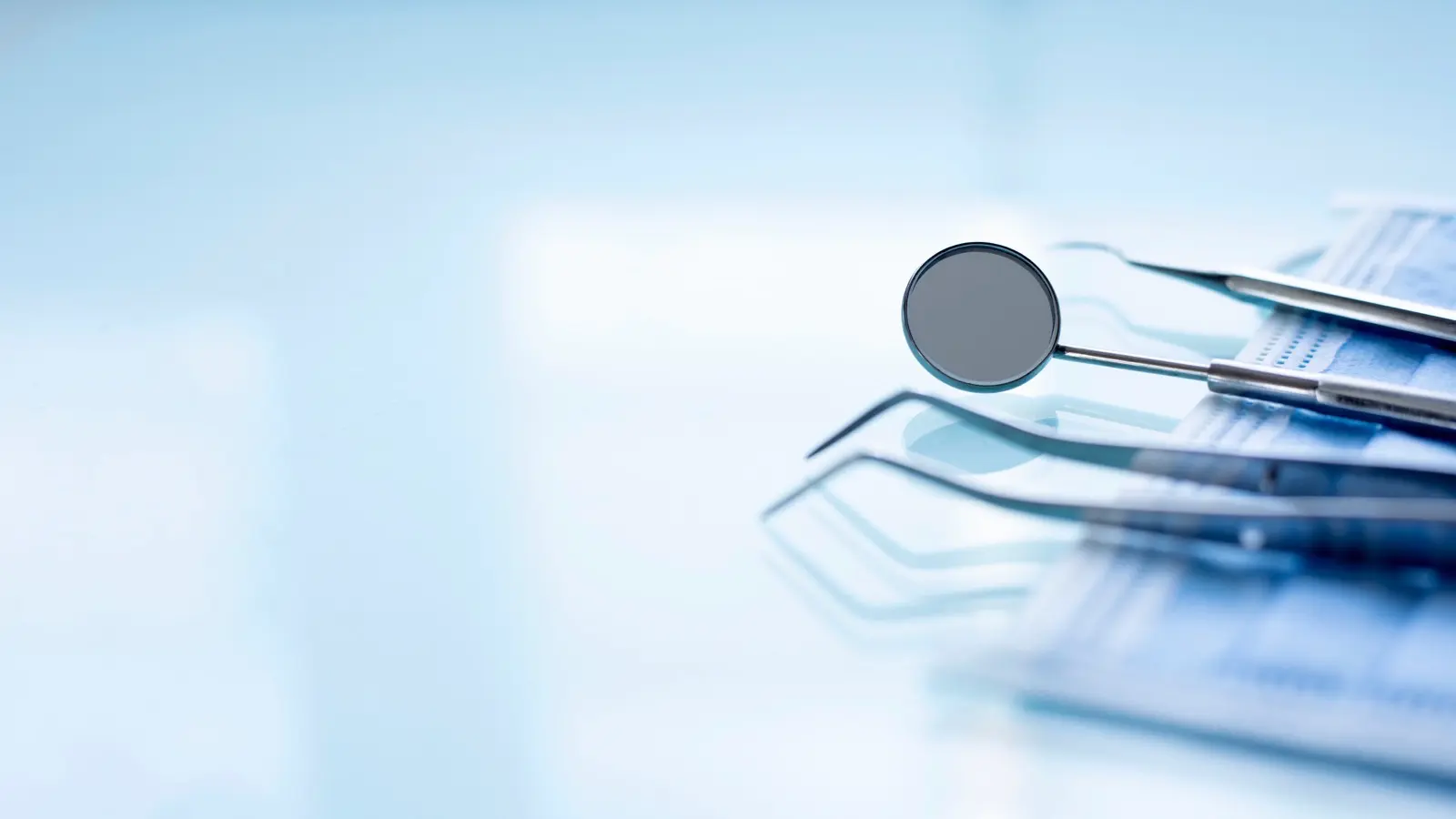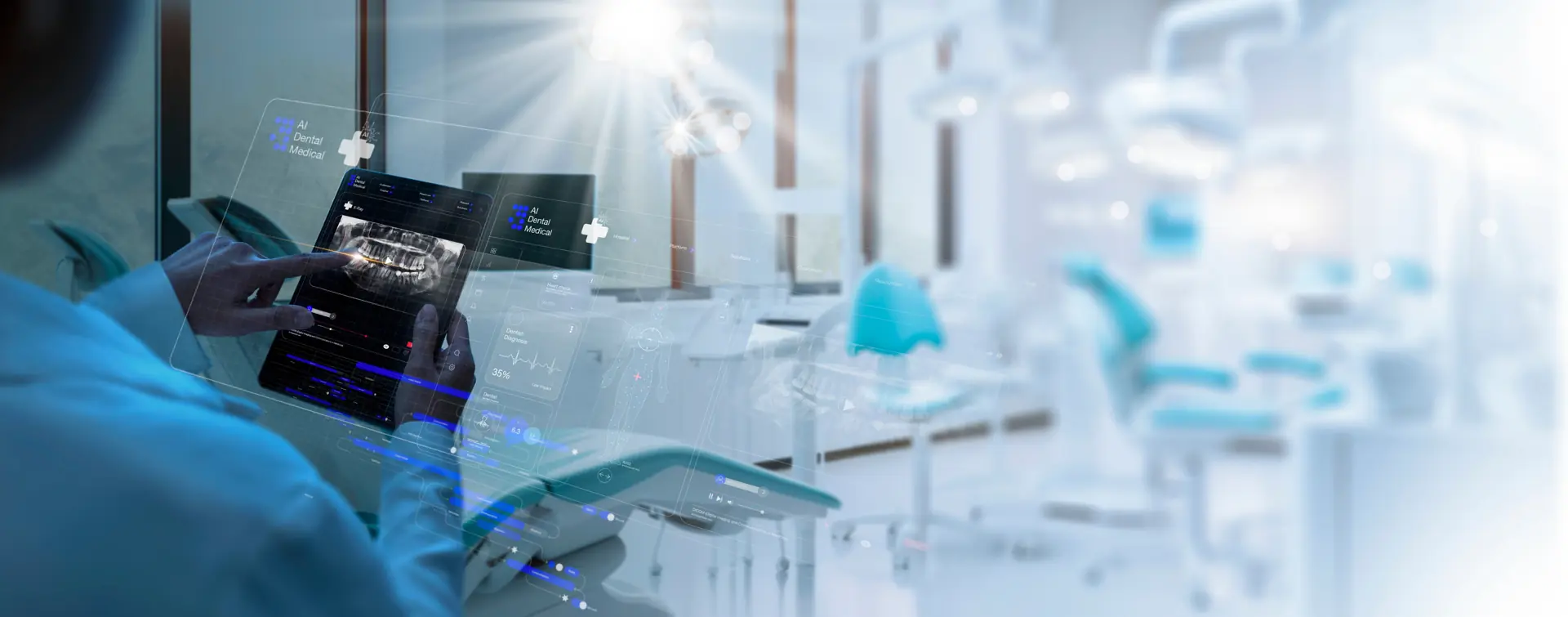Concerns regarding oral health during pregnancy are frequent among women who are pregnant. Preventive dental cleanings and exams performed by a dentist near you on an annual basis are not only safe to receive while pregnant but also highly encouraged.
Because of the elevated levels of hormones that occur during pregnancy, your gums will enlarge, bleed, and become more irritated due to trapping food between them.
Getting routine dental checkups and cleanings during pregnancy is critical to prevent mouth diseases such as gum disease, which has been shown to be associated with premature birth.
Toothaches In Pregnancy And Other Dental Needs
In order to lessen the risk of infection following dental procedures performed during pregnancy, such as cavity fillings and crowns, precautions should be taken. If dental work needs to be done while a woman is pregnant, the second trimester is the best time for it. However, when you approach your third trimester of pregnancy, you may find it difficult to lie on your back for an extended period of time without experiencing discomfort.
In some cases, immediate dental care, such as the removal of a tooth or the performance of a root canal, is required. It is recommended that elective treatments, such as teeth whitening and other aesthetic operations, be put on hold until after the delivery of the baby. It is advisable to avoid dental treatment while pregnant to reduce the chances of putting the growing baby in danger, even if those chances are low.
What Should Be Done Regarding the Medication?
There are current studies that contradict one another on the potential for dental work to have detrimental effects on a growing baby if certain drugs are administered. Lidocaine is the anesthetic that is most frequently utilized during dental procedures. After being administered, lidocaine, classified as a Category B substance, does pass through the placenta.
If you require dental work, the quantity of anesthetic supplied to you should be kept to a minimum but still be sufficient to ensure that you are comfortable. Please ask for more numbing medication if you are experiencing any pain. If you can relax and feel at ease, you and the baby will experience fewer adverse effects from stress. Additionally, the ease with which the anesthetic can take effect is directly proportional to the level of comfort you experience.
To prevent or treat infections, dental procedures frequently involve using antibiotics. After your course, you may be given antibiotics such as penicillin, amoxicillin, and clindamycin, all of which are classified as being safe for use during pregnancy under the category B classification. Therefore, if a dental issue arises during pregnancy that requires antibiotic treatment, you can rest assured that it is safe for your baby.
It is safe to have routine dental exams and cleanings while pregnant. If there is a need for more extensive treatments such as cavity fillings or root canals, the second trimester is the ideal period to receive them.
In the case of any medication that needs to be administered for a dental procedure, only Category B substances should be utilized to protect both mother and child from experiencing any adverse effects from their use. Therefore, if you are pregnant and require dental care, do not hesitate to speak with your dentist and discuss the best options available.
Are Dental X-rays Safe?
X-rays that are considered routine and are routinely performed during annual exams can usually be delayed until after the baby is born. However, X-rays are essential to the success of many dental procedures, particularly those considered emergencies.
In addition, there is not a single diagnostic x-ray that, in the opinion of the American College of Radiology, carries a radiation dose that is significant enough to have a negative impact on the development of an embryo or fetus.
The American Dental Association and the American College of Obstetricians and Gynecologists agree that getting dental X-rays while pregnant is safe as long as the patient is adequately shielded.
In light of the fact that this stage of gestation is associated with the highest risk of congenital disabilities, some expectant mothers may make the conscious decision to forego dental treatment during this period. However, there is no evidence to suggest that going to the dentist during this time could cause any harm to the unborn child for mothers who choose to go.
In addition, dental work that does not constitute an emergency and is required during the third trimester of pregnancy is typically put off until after the baby is born. This is done to reduce the likelihood of going into early labor and to reduce the amount of time spent lying on your back.
Is Dental Anesthesia Safe During Pregnancy?
Using anesthetics, specifically lidocaine and other category B substances, is deemed safe for pregnant patients. However, there are still risks associated with the use of any medication during pregnancy.
Therefore, it is essential that you discuss these risks with your dentist prior to receiving any form of anesthesia for a dental procedure. The quantity of anesthetic supplied should be kept to a minimum but still be sufficient to ensure that you are comfortable throughout the procedure.
Should I Follow Up with My Dentist After I Give Birth?
Your teeth and gums will go through changes, just like the rest of your body will, both while you are pregnant and after you have given birth. After giving birth, scheduling a follow-up appointment with your dentist is essential.
Any treatments that had to be put off until now can finally be completed, and your dentist will be able to evaluate the state of your gums and teeth now that the time has come.
A follow-up appointment with your dentist should be planned as soon as possible after giving birth when you have fully healed and no later than your six-monthly checkup appointment. If you want your child to have healthy teeth and gums throughout their life, you should take them to the dentist as soon as their first tooth erupts and no later than their first birthday.
Don’t Avoid Dental Care During Your Pregnancy
There is a possibility that complications resulting from dental care will add to the difficulties you experience while you are pregnant. In addition, during your pregnancy, you will discuss the health of both you and your unborn child with many different physicians and specialists. Therefore, it is appropriate to consider your dentist as an additional healthcare team member. However, the vast majority of dental services and procedures can be carried out even if you are pregnant or holding your child.
Call Us Today for Professional Help!
To maintain oral health, it is essential to practice good preventative care and receive follow-up care. You can help prevent or treat dental care difficulties that would have otherwise arisen if you involve your dentist early on and consult with them on a regular basis during the conversion process.
Call River District Smiles Dentistry as soon as possible if you require preventative treatment or emergency care. The dentists on our staff are concerned about both you and your baby. We ensure you receive the most up-to-date information and care possible by remaining current on dental practices.


